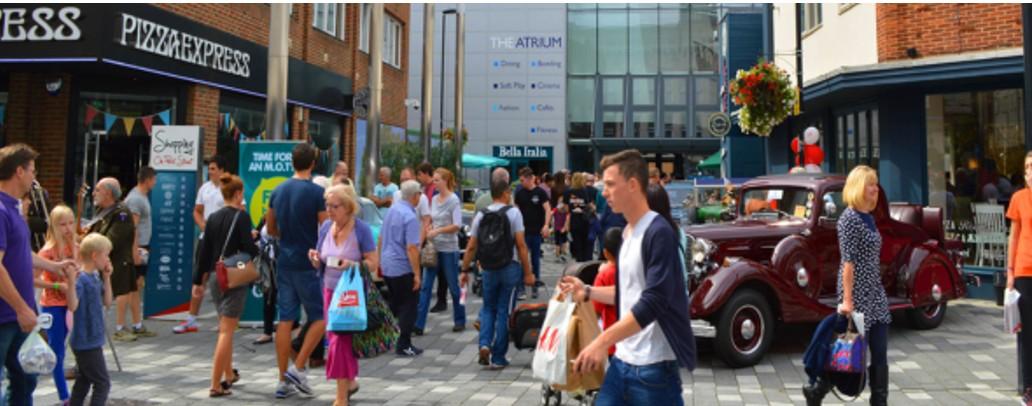Outcome 6
With our communities we will share power
We will share decision-making power with residents and give them an opportunity to see their choices translate into concrete results which will help build civic power and a sense of self-determination. Such an approach can be most effectively delivered when the local authorities are themselves local and accessible, built around functional geographies that are recognisable to local people as their own.

Participatory budgeting in Reigate & Banstead – Surrey Case Study
As part of a project funded by the Health Lottery, the Merstham Community Development Worker supported the setting up of a ‘Questions for Councillors’ group. This group is now entirely resident-led and regularly holds public meetings, holding local politicians and other public officials (police, housing associations etc.) to account. The group have also arranged local hustings at election time. This is a small-scale project in the most deprived area in Surrey which has led to increased social capital for people who may not have felt able to challenge those in power.
Reigate & Banstead Borough Council have worked on a number of participatory budgeting projects in several communities within the borough, placing local people at the heart of decision making regarding the allocation of grant funding. These include the Banstead Neighbourhood Fund, the Merstham Community Cashbox and the Creating Healthy Communities Fund. Residents who have been involved have provided extremely positive feedback about the experience, increasing their trust and confidence in public bodies.

The Cheshire East People’s Panel – Case Study
Having been established as a result of LGR in 2009, Cheshire East Council is the largest local authority by area in the northwest of England. Its recent creation, combined with strong local identity (with over 100 parish and town councils) meant that many residents do not see ‘Cheshire East’ as a place, instead identifying with their local area or the historical and ceremonial county of Cheshire.
Traditionally, the council had relied upon traditional means of canvassing the views and needs of residents. Such methods often result in self-selecting groups of residents having their say, at the expense of some voices in the community; rural residents or those living in poverty were often shut out of traditional means engagement. In response, the council worked in partnership with a not-for-profit organisation to launch a ‘People’s Panel’; an engagement exercise exploring what could be done to tackle and respond to the cost-of-living crisis. Members of the Panel were selected to be demographically-representative of the population, ensuring a true reflection of local views, needs and aspirations could be heard. Over the course of two weekends, the panel heard from a variety of independent experts. It then discussed and developed a series of recommendations which were then prioritised. These were then put to the council, who have progressed and implemented the recommendations they were able to.
The panel showed that residents of all backgrounds were willing to commit large amounts of time to develop solutions to big problems and felt empowered to share deep and powerful personal stories, which would never have been shared in a survey or by traditional engagement methods. Furthermore, it was well received by residents and ensured that the council’s decision-making was shaped by those who are not usually heard, as well as those who shout the loudest.
This form helps us improve the content and structure of our webpages only, and we cannot provide a response to any submission below.

